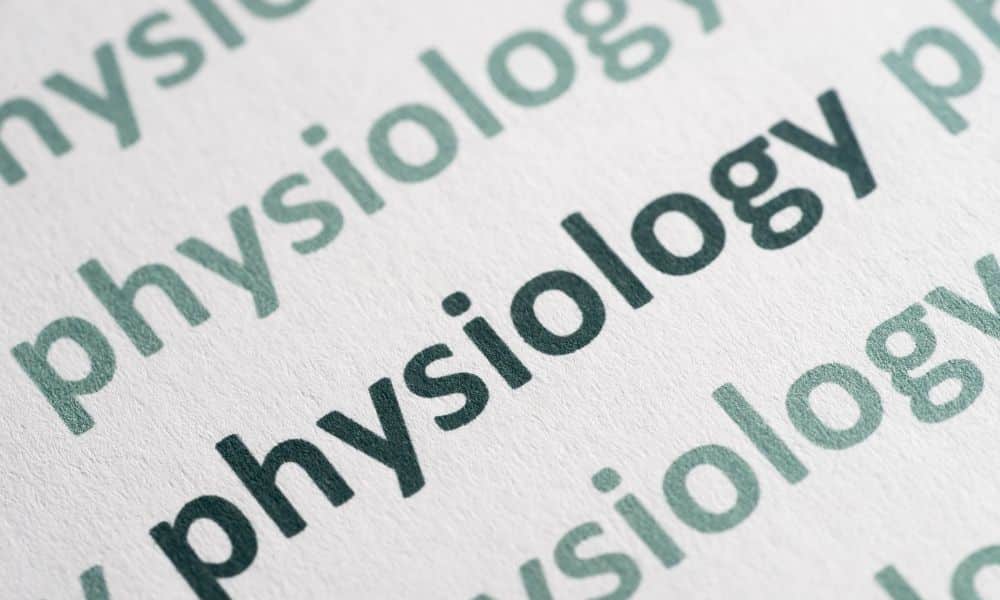Physiology has a significant role to play in determining your physical health. When you understand the mechanics of your bodywork, you can achieve your fitness goals; some people want to lose fat. Some people work to gain more muscles in their bodies. Whatever may be the goal, understanding the science of exercise is essential.
Do not work towards your fitness goal by picking a random workout regime. You need first to understand how your body functions. In addition, you also need to see how fat loss occurs in the body and what you can do to gain more muscle.
In this article, we will discuss all the science behind exercise. We will also find a way to how the natural physiology of our body works to induce fat loss and get more muscle mass.
Science of Exercise
The science of exercise is explainable in different ways. However, fat loss and muscle mass gain are the key aspects behind the science of movement. We will see all the facets that work when you exercise to reach a fitness goal.
Exercise plays a role in our health in different ways. It improves your physical health by strengthening your muscles and bones. Also, it improves your endurance level through better circulation and respiration. There are also many mental health benefits besides better body physiology through exercise. These are some reasons doctors and healthcare professionals want you to perform the exercise. Including it in your routine is a sure way to improve your health in different ways.
Ever wondered what was going on when you were pumping iron in the gym? Yes, your gym buddy does not know it. When we exercise, we use up small molecules known as ATP; think of them as energy bars or “mana in Duel Masters.” Using them leads our body to convert the stored glycogen (another energy-dense compound) and fats to be used. Therefore, regular exercise with decreased caloric intake leads to fat loss.
Also, when our muscles undergo loading and unloading, they experience micro-tears. The fantastic thing is that our cells repair those tears and add more fiber, strengthening them more than before! But, of course, you feel sore because of these micro-tears, which is why we recommend good sleep to ensure the body has enough time to repair and improve.
Make sure you take a protein-rich diet with lots of fiber and stay adequately hydrated to achieve “Gains!”
How physiology affects fat loss
When we perform workouts, our body loses fat. This is because, after carb consumption, fat is the first part that comes. We store fat around our thighs, hips, belly, back, and arms. When we perform vigorous physical activity, we lose this fat. This is because, in aerobic exercise, our body loses carbs in the first few minutes. For a longer workout, your body depends upon fat as an energy provider. This fat then burns and depletes. When you perform exercises regularly, you shed massive fat from your body.
Fat loss also occurs because of muscle gain. When your body gains more muscles, it loses fat to make space for new cells. As a result, fat loss is proportional to muscle gain. People who try to gain bulk lose fat from their bodies as well.
How physiology affects muscle mass
Muscle mass also occurs because of strength training and resistance exercises. When you perform workouts, you tear your old muscles. This wear and tear activate the production of new powers in the body. As a result, you will get stronger and bigger muscles. We call this muscle hypertrophy. This is the goal that we want from our fitness regime.
So, when we perform exercises, we must know that we are doing our best for hypertrophy. However, we perform activities that are a bit too strenuous for our muscles. It can cause severe muscle injury in the body. As a result, you cannot perform any exercise as your body’s physiology gets disturbed.
How physiology affects weightlifting
When you press dumbbells with rage, bulging muscles, and the phrase “pumping iron,” you define weightlifting. It is a sport and a lifestyle. A good workout includes two or three sets of five or more repetitions of a particular exercise. It’s an excellent way to increase muscle size and contour the shape. As a result, one feels more robust and more confident.
Research has shown its benefits, including a stronger and improved cardiovascular system. Love it or hate it, you cannot deny its benefits. Be it the notorious deadlift or the simple bicep curl, it will help create and maintain a healthy physique.
Do weightlifting to build stronger and bigger muscles in your body. We consider it essential to do resistance exercises, as you have to work against weights. Do it gradually but consistently. Take rest days to recover from any wear and tear. Otherwise, you might get muscle injury from too much weightlifting. Also, ask a professional trainer to guide you about different details you need to know about weightlifting. Everyone needs a different regime under their weight and other information. So you need to take care of it.
Last words on physiology and your health and fitness
Understanding the physiology of our body is the primary step in selecting the proper fitness regime. We are better able to perform for our body when we know how muscle gain and fat loss occur.
Also, we understand how diet and exercise work together to help us attain excellent results. In this article, you learned how your body works when you exercise. The science of activity revolves around knowing about the distinct elements behind fitness.
You can talk to a relevant fitness professional and speak to them about your concerns for more information. The proper task is to seek innovation in different areas to understand more about fitness and health. If you or someone you know is looking to improve your health, share this article on Facebook or Twitter so that others can learn more about self-care.




